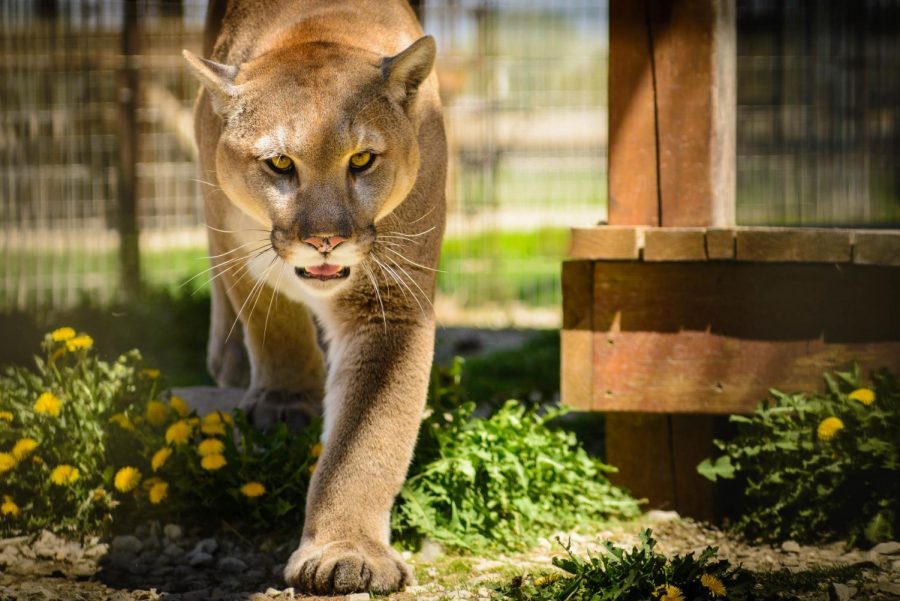WSU to test cougar reportedly responsible for attack
Official says results could take weeks, months to complete
The incident marks the first lethal attack in the state of Washington since 1924, and only the 16th attack overall.
May 23, 2018
WSU will run tests on a cougar believed to be responsible for an attack that left one dead and another wounded outside of Snoqualmie on May 19.
Issac Sederbaum, a 31-year-old from Seattle, called 911 saying he and 32-year-old S.J. Brooks of Seattle had been attacked by a cougar approximately nine miles of North Bend shortly before noon on May 19, Alan Myers, Washington Department of Fish and Wildlife police captain, said. After fighting the cougar off with a bike, the cougar came back and attacked again.
Brooks died as a result of his injuries, while Sederbaum was transferred to Harborview Medical Center in Seattle.
Myers said cougars are common in the area of the attack.
“It’s cougar country,” he said. “It’s forested area and a good habitat for cougars to be there.”
However, while it may not be uncommon to find the animal in the area, the last fatality caused by a cougar attack came in 1924, Myers said.
“They’re extremely rare,” he said. “This would make 16 non-fatal attacks in Washington State by a cougar in the last 100 years.”
After tracking down and shooting the animal expected of carrying out the attack, officers discovered during their field examination that the cougar was underweight by 20-40 pounds, Myers said.
Meyers said cougars vary greatly in weight and the animal being underweight may not be a sign of any disease or abnormal circumstances.
WDFW then sent the body of the cougar to the Washington Animal Disease Diagnostic Laboratory, or WADDL, which is housed in WSU’s College of Veterinary Medicine.
WADDL represents one of 15 Level One animal laboratories in the nation. Officials there performed a necropsy and will perform various tests on the cougar.
The specific tests could not be disclosed because they were ordered by WDFW and not the university, WADDL Public Information Officer Charlie Powell said.
The tests may cover diseases and reasons for why the cougar appeared to be underweight and attacked, as well as to confirm it was the cougar that attacked Brooks and Sederbaum, Myers said.
Depending on what type of tests WDFW requests, the process could take weeks or months, Powell said. The labs do not regularly receive cougars for testing.
“We don’t do tests on cougars very often,” he said. “But we do tests in the forensic realm almost every week. [The] Laboratory does about a quarter of a million procedures a year.









